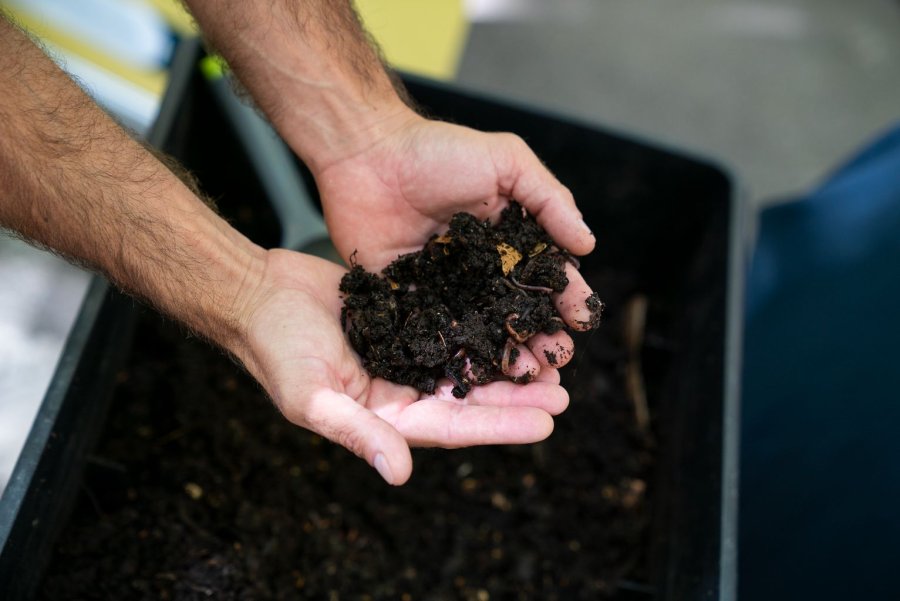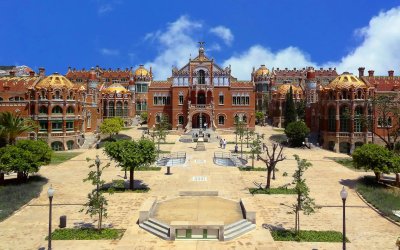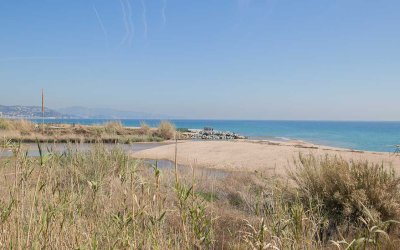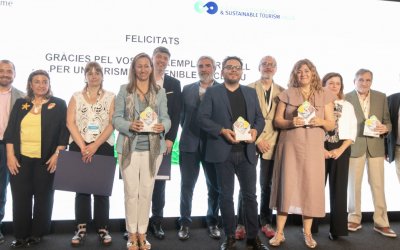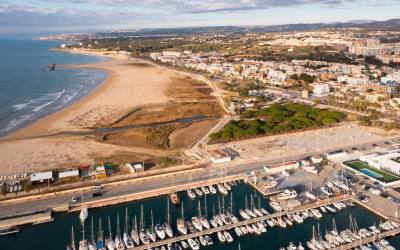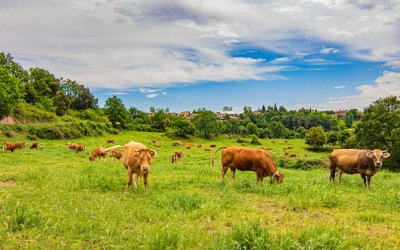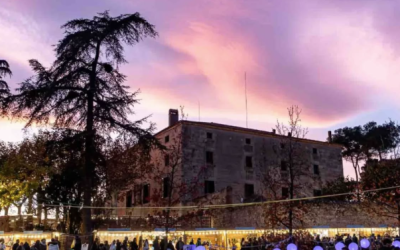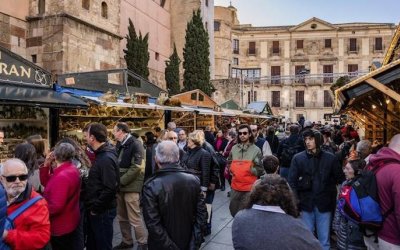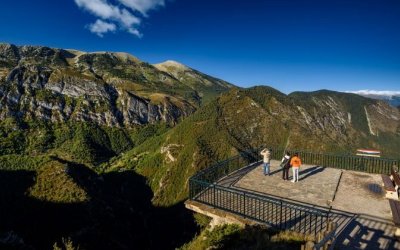The public sector and companies in the tourism industry are committing to exploring a new production and consumption model that entails reusing existing resources to create added value.
The circular economy is a golden opportunity for tourism. And that’s because the unique nature of this sector, with different links that come together to form its value chain, makes it perfect for processes of this kind.
Construction, textile, food... These are just some of the elements that play a role in Barcelona’s tourism sector. Though these industries are very different, they are geared towards the same business, which makes it possible to create highly broad synergies.
The goal is to connect the different links in the chain to bring about a paradigm shift. A perfect example is Garden Hotels in Mallorca, pioneers in transforming the organic waste they generate into high quality organic compost for local farmers who are also part of their supplier network.
This method of reducing environmental costs helps to reduce the carbon footprint associated with transporting organic matter and also cuts down on single-use plastics.
Another example closer to home is the Hotel Molí de la Torre in Bigues i Riells del Fai, in Vallès Oriental county. Their aim is to reduce as far as possible the environmental impact of their business, which is why they’ve adopted a Responsible Tourism Policy and signed up to Biosphere and Catalonia’s Environmental Quality Guarantee Certification.
Their practices include the use of seasonal, 0 km, and often organic produce in their menus, and the promotion of and collaboration with local projects.
Universities, companies and the public sector, hand in hand
Academic institutions are also promoting the circular economy in the province of Barcelona. The Chair of Circular Economy and Sustainability at the Tecnocampus in Mataró has launched the Compass project which, in collaboration with Barcelona City Council, studies the particular characteristics of the sector in the region to promote this change in model.
To do this, they’ve held a number of awareness-raising sessions and training events for tourism stakeholders. These events used innovative content on value chains that revolved around various key aspects.
To begin with, governance and communication, as this paradigm shift must be accompanied by a decision made by company management and involves finding partners who want to take part in the process.
Tecnocampus also looked at aspects that are common to the all the businesses in this sector order to offer resources that facilitate a more efficient transition.
They held a series of events on aspects that they have in common: first, the use of buildings, facilities and installations for tourism; then, the use of everyday consumables such as amenities, paper and textiles; and finally, managing tourist services.
All theze events featured experts who discussed their experience in each of the areas covered and opened the door to a change of model that could bring new opportunities to the sector.
The launch of this project has led to new synergies and the promotion of circular economy initiatives that have shared goals for shared problems.
This collaborative movement involving companies and the public sector has set in motion a wave that is sure to transform tourism in Barcelona.
